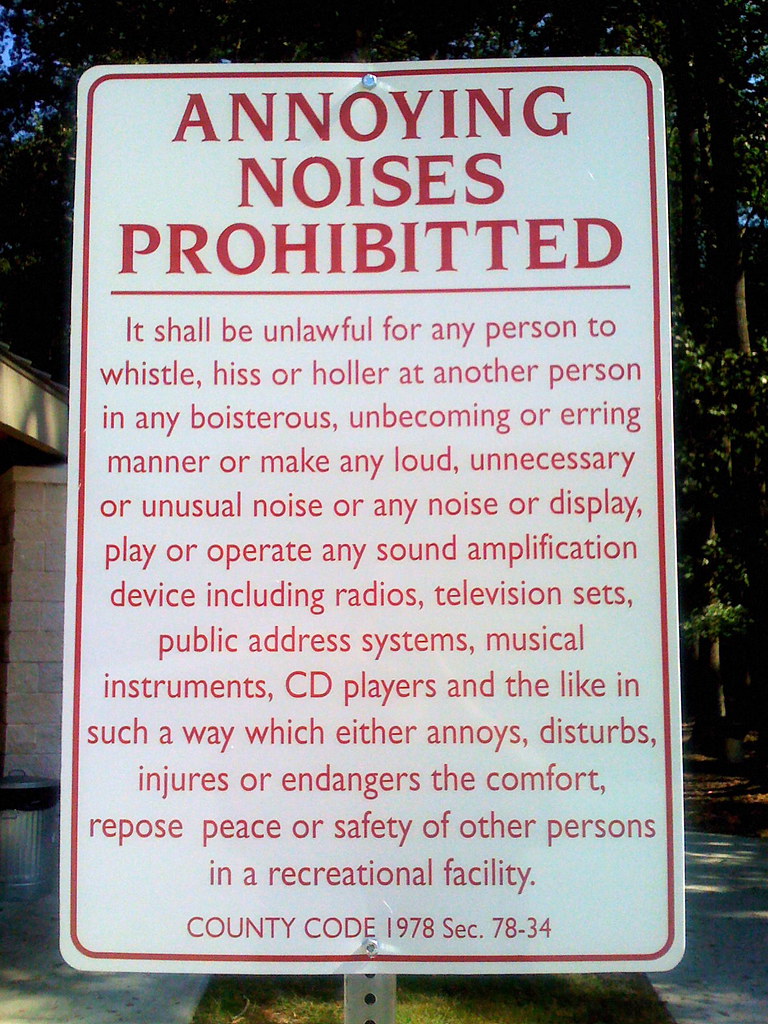In the “Parable of the Unforgiving Servant,” Jesus taught us about forgiveness (Matthew 18:21-35). In this parable, we learn when to forgive, why we forgive, and how to forgive. Much can be said about the theme of “forgiveness.” I would like to explore it further in Colossians 3:12-13.
12 So, as those who have been chosen of God, holy and beloved, put on a heart of compassion, kindness, humility, gentleness and patience; 13 bearing with one another, and forgiving each other, whoever has a complaint against anyone; just as the Lord forgave you, so also should you.
This passage is held together by “clothes.” That’s right, “clothes.” In Colossians 3, Paul uses the language of “putting on” clothing and “taking off” clothing to describe new life in Christ. Since believers are “chosen, holy, and beloved,” we are to “put on” (v.12) some very specific new clothes. We are to dress a certain way, so to speak. Paul lists five attributes that should embody our new lives. The last of these is patience.
If you wish to discover whether or not you are a patient person, participate in a local church. By design, God in His wisdom has placed a wide variety of personalities, temperaments, and peculiarities all together in a family by the redeeming blood of Jesus. (In 3:11 that included “barbarians” and “Scythians”—uncivilized pagans. So, things in your church could be worse.) To avoid this, some will spend an inordinate amount of time searching for a church that matches who they are: style, speak, etc. People like them. This is a mistake. The Scriptures point to diversity—and they acknowledge our need for patience to endure one another and forgive.
We know we’re patient if (#1) we bear with one another. The Greek word means “tolerate, endure, put up with.” We know we’re patient if (#2) we forgive one another: “just as the Lord forgave you, so also should you.”

Verses 12 and 13 must go together.
An impatient man does not put up with annoying people. An unkind woman does not forgive and do away with the complaint. To successfully forebear and forgive, we must be working on the attributes of v.12: compassion, kindness, humility, gentleness, and patience. We don’t fall out of bed into forgiveness.
God uses challenges in His family.
Paul acknowledges that complaints happen. Their presence doesn’t make a church better or worse, rather what we do with them is the mark of faithfulness: do we forgive? That we are commanded to endure one another reveals that we will need to put up with people we would rather do without. The “one another” and “each other” language makes this reciprocal—meaning at other times people put up with me and people put up with you. It doesn’t matter whose turn it is, the command is to forebear and forgive as complaints exist.
The next time you have a complaint against a believer, endure him and forgive him. Remember that others have complaints against you. And know, most of all, that the forgiveness granted to us binds us together in the Lord. Neither people nor the forgiveness they require is easy. But then again, our greatest growth in Christ can come through hard things.

